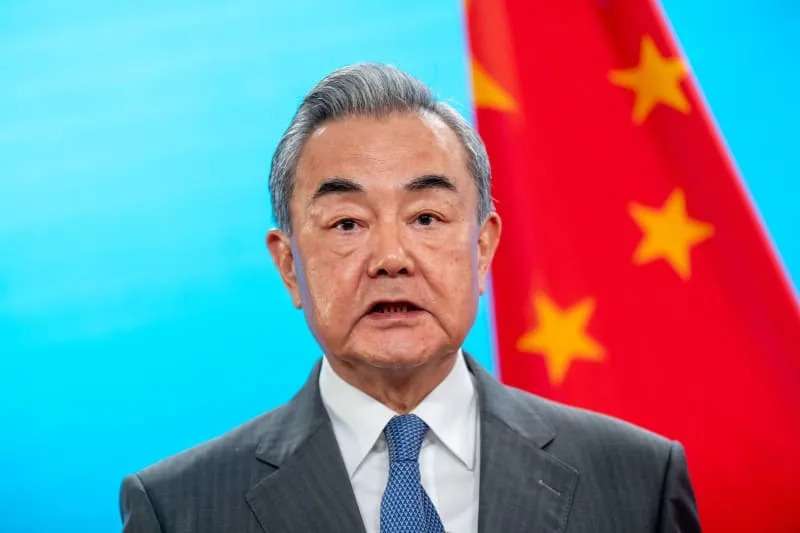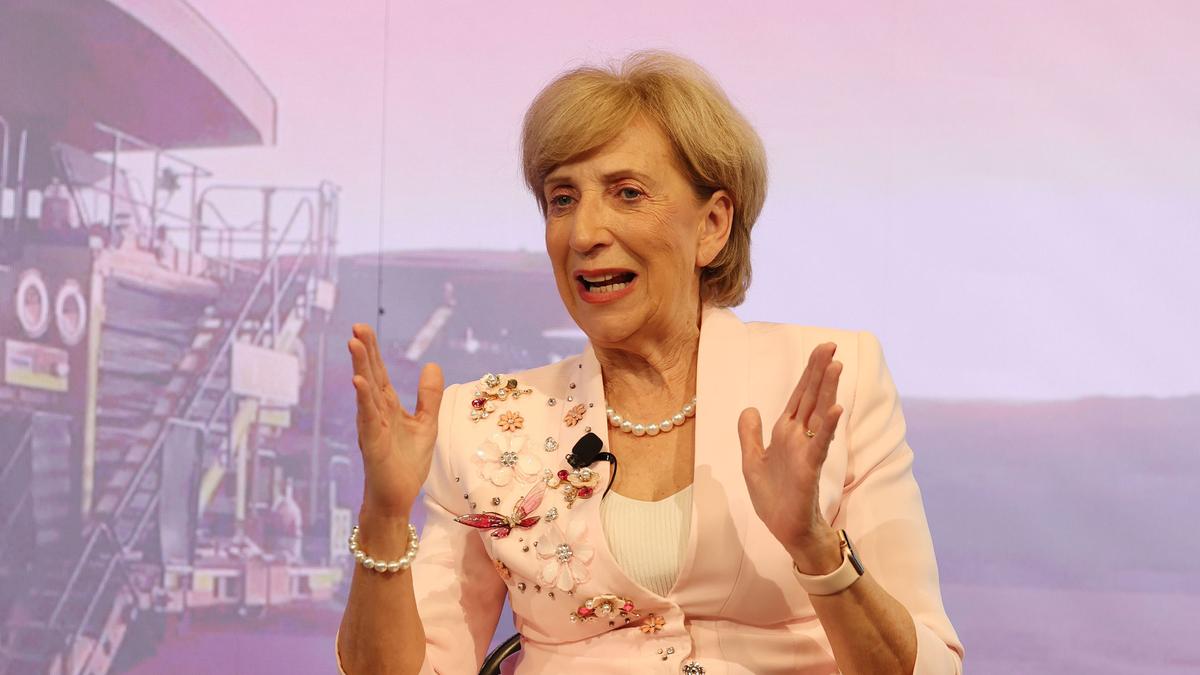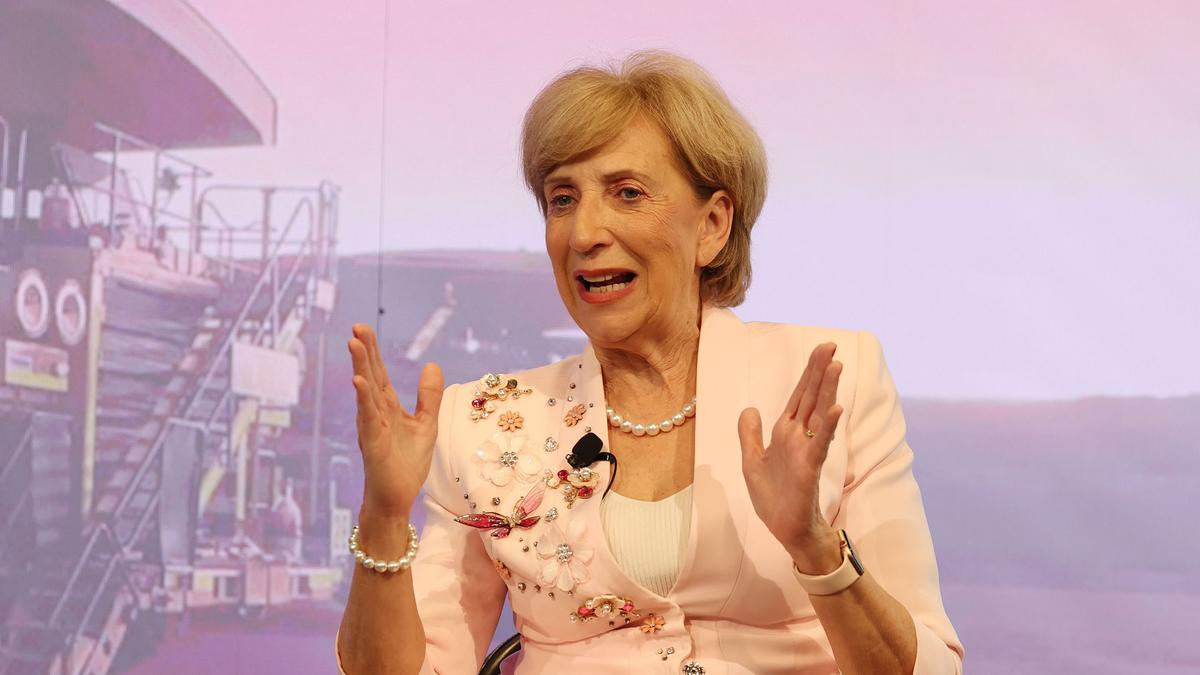
Chinese Foreign Minister Wang Yi adopted a conciliatory stance towards Germany and Europe amid ongoing tensions over the trade of critical rare earth elements during his visit to Berlin on Thursday. At a joint press conference with German Foreign Minister Johann Wadephul, Wang emphasized that the issue of rare earths “was not, is not and will not be a problem between China and Europe, between China and Germany,” according to an official translation. He assured that if applications are submitted in accordance with the law, “the normal needs of Europe and Germany can also be met.”
Wadephul, however, highlighted the challenges posed by China’s often opaque export restrictions on rare earths, noting their detrimental impact on trade relations and China’s image as a reliable partner. He stressed that individual solutions would not suffice to restore trust, and ongoing efforts aim to find sustainable solutions to “bring about the relaxation that is urgently needed.”
Background on Rare Earths and Trade Tensions
China’s export restrictions on rare earths have placed significant pressure on industries worldwide, including in Germany. These elements are crucial for manufacturing sectors such as automotive and mechanical engineering, which rely on them for producing sensors, electric motors, and other essential goods. The restrictions have sparked concerns among companies about the continuity of supply.
Rare earths are a group of 17 chemical elements used in various high-tech applications, from smartphones to military equipment. China’s dominance in the production and export of these materials has long been a strategic leverage point in international trade discussions.
China’s Position and International Practices
When questioned about the possibility of reaching a compromise with the EU before the upcoming EU-China summit, Wang reiterated, “This is not an issue between China and Europe. It is not a problem between us. The question does not arise.” He pointed out that controlling the export of dual-use goods, such as rare earths, is a common international practice due to their potential military applications.
“In doing so, we are also fulfilling our international responsibility,” Wang stated, emphasizing that these measures are in the interests of global peace and stability.
Wang also mentioned that European or German companies with specific complaints could directly address them to the Chinese government. The Ministry of Commerce has established a fast-track procedure to ensure that “normal approvals are processed as quickly as possible,” which Wang described as a concession already made.
Implications for Global Trade and Industry
The ongoing dispute over rare earths underscores the broader geopolitical tensions that have increasingly influenced global trade. As countries strive for technological advancement and energy transition, the demand for these critical materials is expected to rise, intensifying competition and strategic maneuvering.
Experts suggest that the situation could lead to a reevaluation of supply chains and increased investment in alternative sources or recycling technologies. This would not only mitigate dependency on a single supplier but also bolster industries against future supply shocks.
According to a recent report by the European Commission, “Diversifying supply sources and developing substitutes for rare earths are essential steps towards enhancing economic resilience.”
Looking Ahead: Diplomatic Efforts and Economic Cooperation
The current diplomatic dialogue between China and Europe reflects a mutual interest in maintaining stable trade relations. Wang underscored China’s commitment to fostering more predictable and reliable political conditions for cooperation with Germany, particularly under its new government.
As both sides navigate this complex issue, the outcome of the EU-China summit could set the tone for future engagements. The focus on economic development and collaboration may pave the way for innovative solutions that address both parties’ concerns.
In the meantime, industries affected by the rare earths restrictions will likely continue to advocate for more transparent and predictable trade practices, hoping for a resolution that ensures the continuity of essential supplies.






